Apparently the plan is to bring the Starliner capsule back uncrewed sometime next week.
In this crazy year, I half expect a plot twist, with Suni stowing away in defiance of NASA's risk phobia. Then popping out after recovery saying, "See, it was fine all along! And I really wanted to get home!"
Also of note:
-
Just a reality check. And it's from Frank J. Fleming, who points out: Israel Is the Only Legitimate Country in the Middle East.
So, the Middle East is full of religious dictatorships that have little to no concept of human rights. They have little to no industry, and most would be absolutely dirt poor if it weren’t for oil money.
But there is one tiny country in the Middle East that is actually prosperous. And — not coincidentally — is a democracy that recognizes human rights. It’s the one glowing bit of the first world in a third-world pit of despair.
And guess which one is constantly yelled at by the rest of the world — including American “progressives”?
I recently unsubscribed from Frank's substack; nothing personal, just shifted over to Lileks.
-
The UN, in a credibility hole, keeps digging. Bjørn Lomborg looks at its latest spadeful: U.N. Climate-Change Alarms Cast Little Light on Heat.
The reason you’ve heard a lot about extreme heat deaths this summer has more to do with demagoguery than data. Alongside the United Nations Secretary-General António Guterres’s “call to action” on the topic in late July, mandarins across U.N. organizations have issued warnings that are heavy on emotion and light on facts.
In early August, the World Health Organization trumpeted a disturbing figure: In Europe alone, more than 175,000 people die each year because of extreme heat. That was an about fourfold exaggeration. When called out, the organization quietly edited its online publication to remove the word “extreme” from the statement’s title, a concession that these deaths aren’t, as the WHO suggested, the result of a cataclysmic shift in temperatures.
Unfortunately, the media had already spread the WHO’s original, mistaken claim far and wide. Moreover, the edited version left out other important context: While seasonal rises in temperature that have been the norm for decades do kill people, it’s a far smaller toll than that taken by cold. In Europe, cold kills nearly four times as many people as heat—a danger that a warming climate helps ameliorate.
Click through the "gifted" link above to see Lomborg's debunking of other climate alarmist claims.
-
What you gonna do when they come for you? George F. Will looks at a new book that causes him to wonder: Have you committed a felony yet? Probably so.
Supreme Court Justice Neil M. Gorsuch’s new book, which slays a cliché, should disturb prudent citizens. His readers will never again say ignorance of the law is no excuse for breaking it. If prosecutors had the inclination, most Americans could be convicted of felonies.
In “Over Ruled: The Human Toll of Too Much Law,” Gorsuch, with his co-author, Janie Nitze, notes that the Roman emperor Caligula posted new laws on columns so high, and written in a hand so small, that people could not read them, and hence lived in dread of committing criminal infractions. Gorsuch is too judicious to say so, but an ideological tendency is primarily responsible for the resemblance between Caligula’s Rome and this Republic. That tendency is progressivism.
Less than a century ago, Gorsuch notes, a single volume contained all federal statutes. By 2018, they filled 54 volumes — about 60,000 pages. In the past 10 years, Congress has enacted about 2 million to 3 million words of law each year. The average length of a bill is nine times what it was in the 1950s. Agencies publish their proposals and final rules in the Federal Register, which began at 16 pages in 1936, and now expands by an average of more than 70,000 pages annually. By 2021, the Code of Federal Regulations filled about 200 volumes. And in a recent 10-year span, federal agencies churned out approximately 13,000 guidance documents.
There is a strong whiff of "We've gotta keep our phony baloney jobs" motivation. There's every incentive to legislate and regulate, because that's how they justify their existence.
| Recently on the movie blog: |


![[4 stars]](/ps/images/40stars.gif)
![[IMDB Link]](https://ia.media-imdb.com/images/G/01/imdb/plugins/rating/images/imdb_46x22.png)

![[Amazon Link]](/ps/asin_imgs/0807047414.jpg)

![[3.5 stars]](/ps/images/35stars.gif)

![[2.5 stars]](/ps/images/25stars.gif)


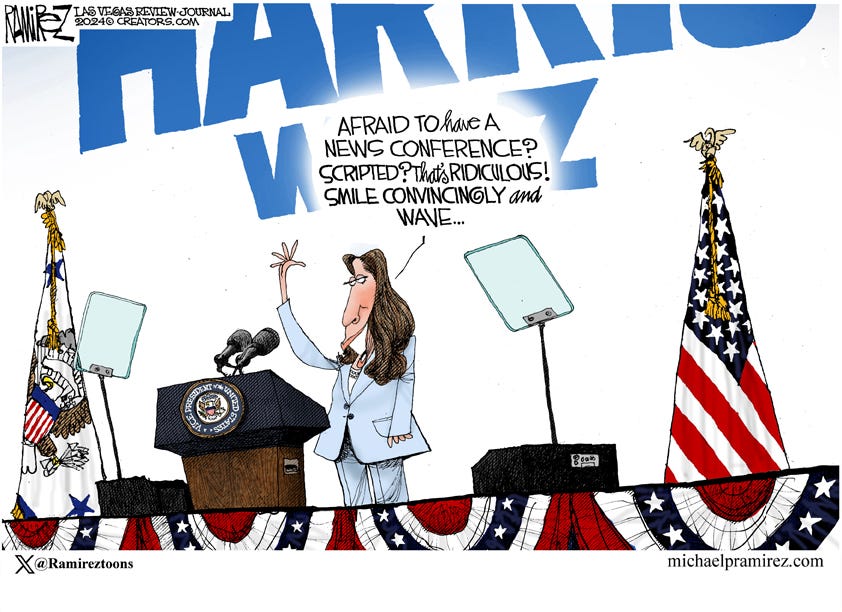
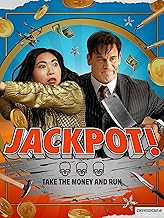
![[Amazon Link]](/ps/asin_imgs/B0048EJXCK.jpg)
![[Amazon Link]](/ps/asin_imgs/B07TDT7GMQ.jpg)

![[Amazon Link]](/ps/asin_imgs/0465060730.jpg)
![[Amazon Link]](/ps/asin_imgs/0691138737.jpg)


![[Amazon Link]](/ps/asin_imgs/B08K7FPGT3.jpg)
![[Running Out of Everything]](/ps/media/running-out-of-everything.jpg)

![[Amazon Link]](/ps/asin_imgs/B0DCG8JJCN.jpg)

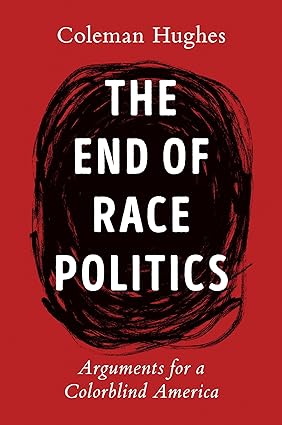

![[Moe Dipshitz]](/ps/media/moe_dipshitz.jpg)
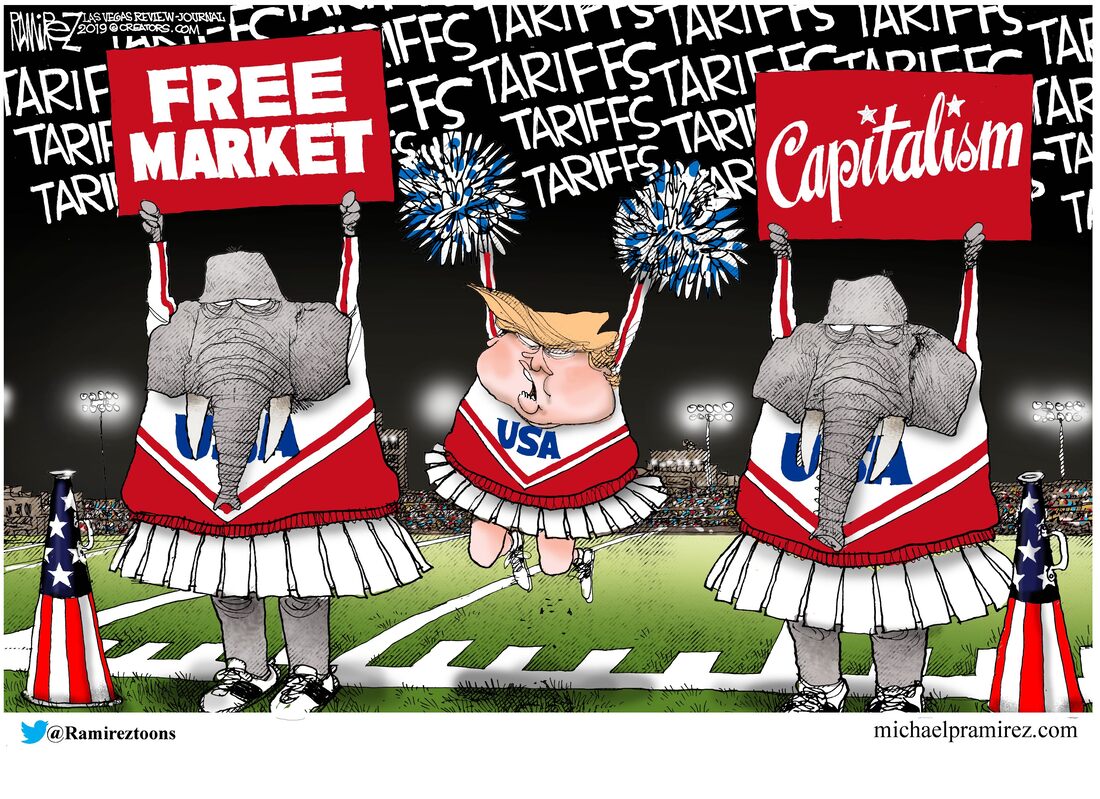
![[Amazon Link]](/ps/asin_imgs/B07JGBS2HF.jpg)
![[Amazon Link]](/ps/asin_imgs/B0BFC7WQ6R.jpg)
![[Amazon Link]](/ps/asin_imgs/B0B2PFFDKF.jpg)
![[Amazon Link]](/ps/asin_imgs/B0CGRYZCM6.jpg)




![[Amazon Link]](/ps/asin_imgs/B0CB1SSWRM.jpg)
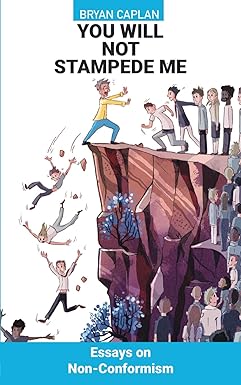
![[The Blogger and His Dog]](/ps/images/me_with_barney.jpg)



